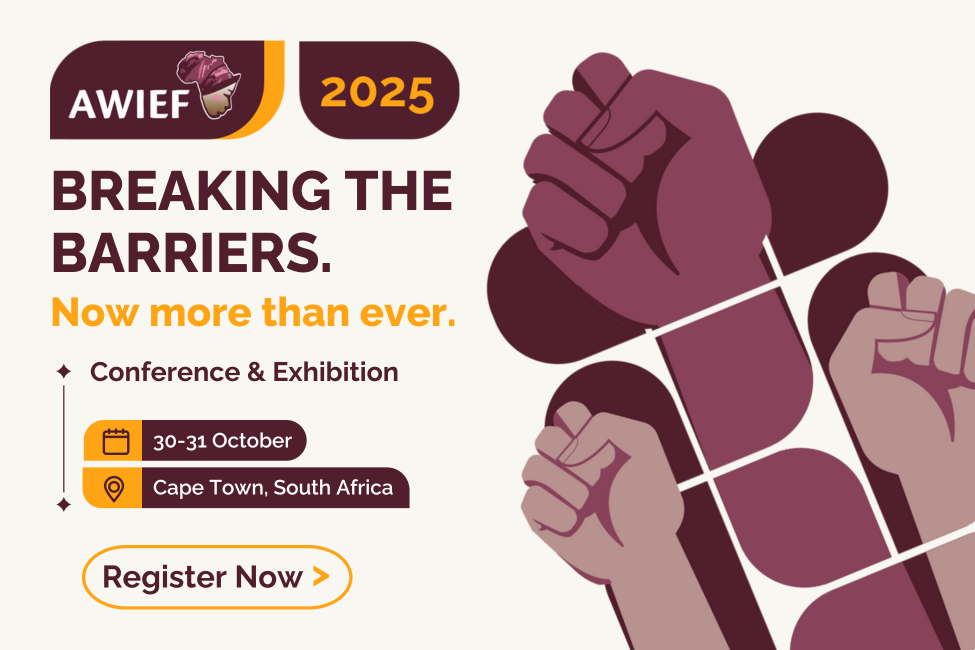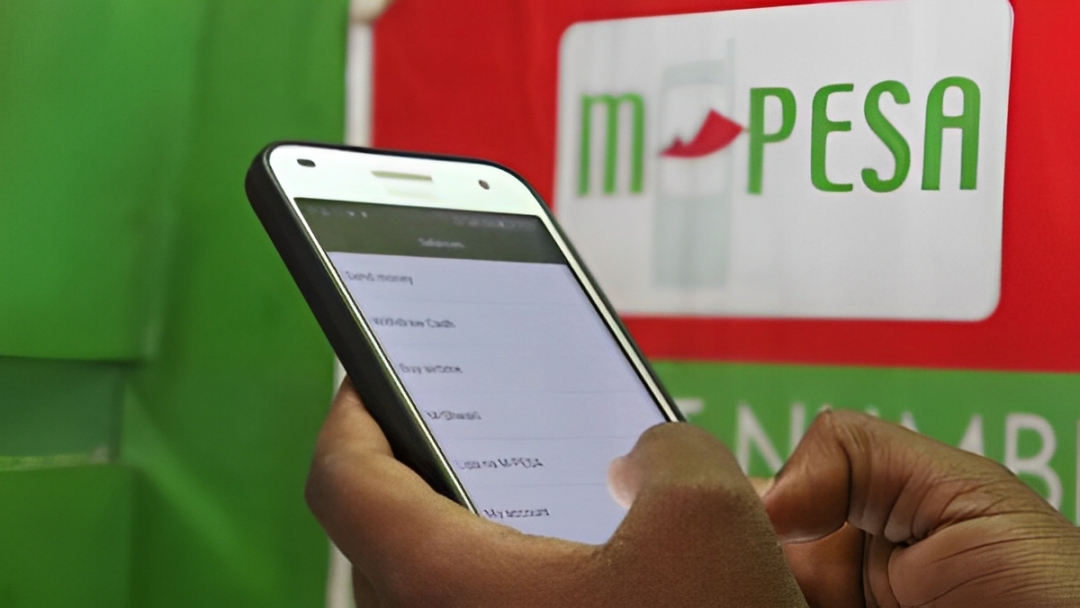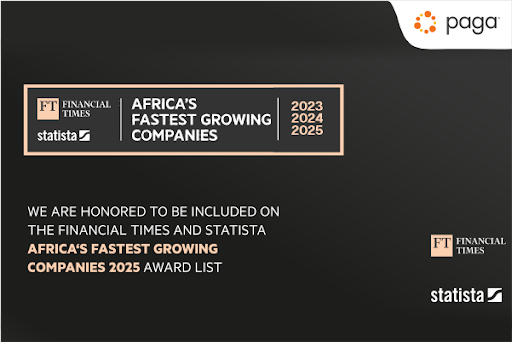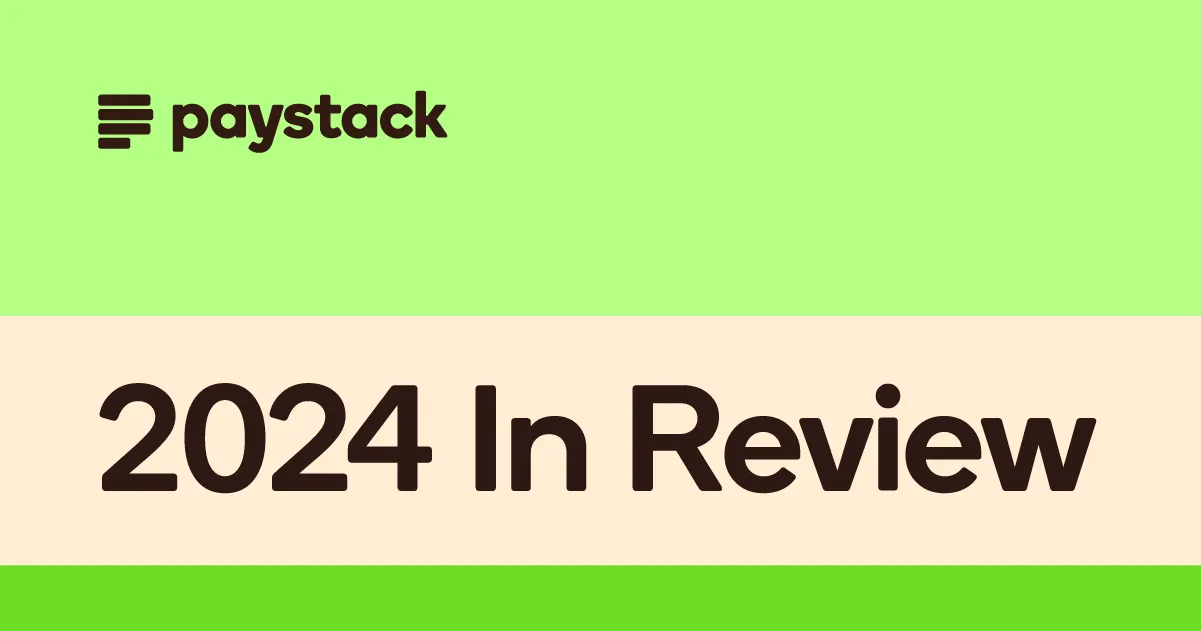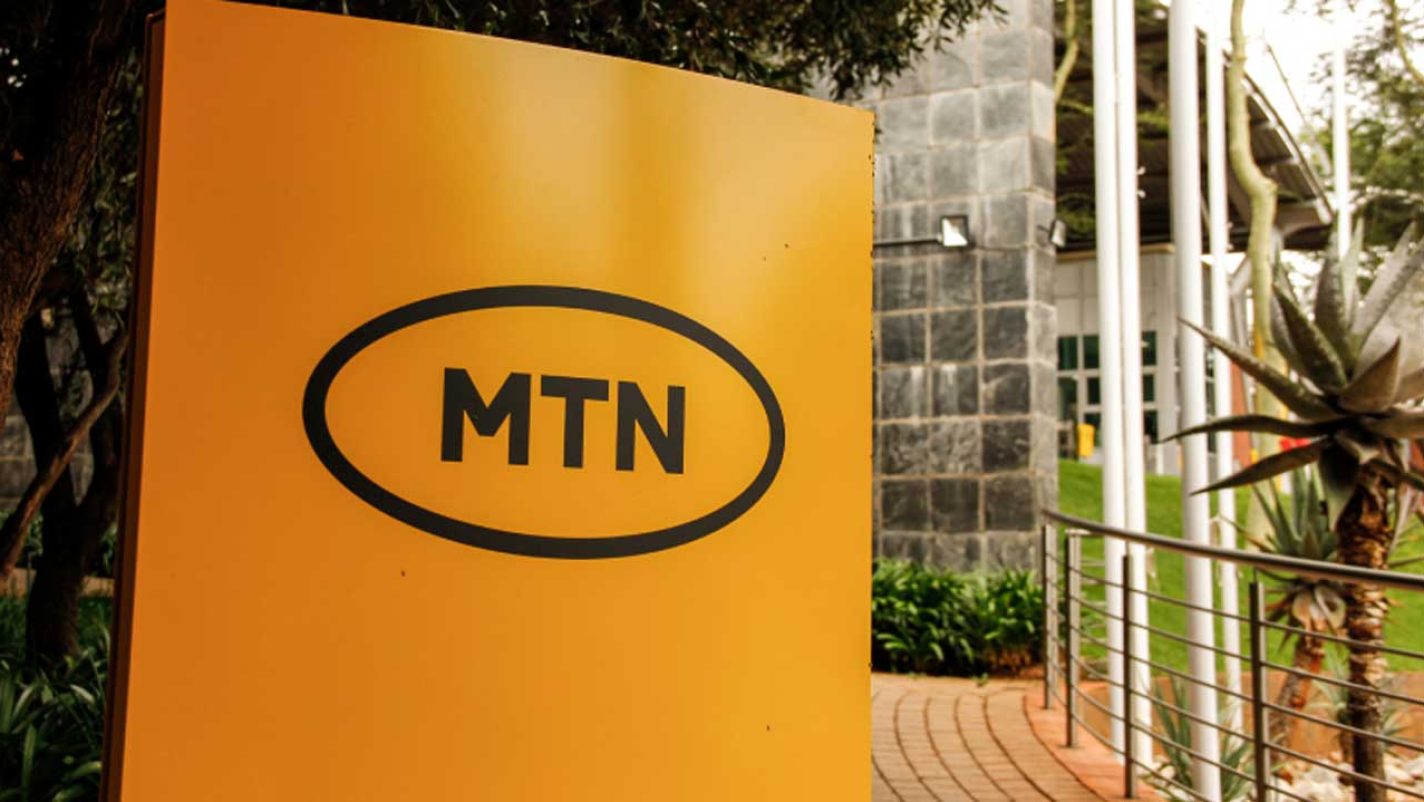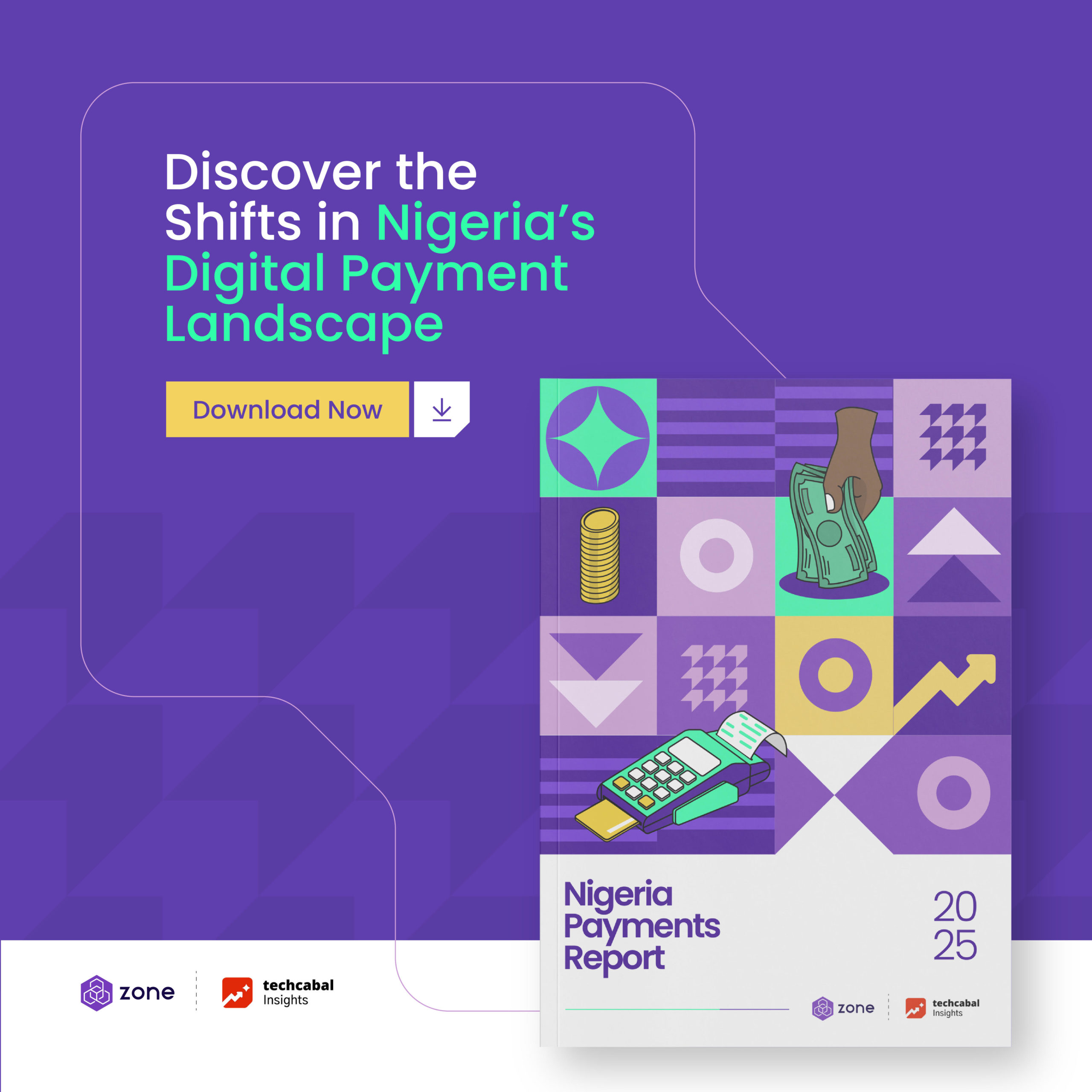
Happy pre-TGIF! 
How has the week been for you? Emmanuel was supposed to write this intro, but after his team’s performance last night, he went off to bed early. The lesson here? Some clubs build character; others break your spirit.
Anyway, while some folks were losing games, Sam Altman and Jony Ive were teaming up to create a first-of-its-kind AI device. It’s like nothing you’ve ever seen before. For some context, Jony Ive played a pivotal role in creating some of Apple’s devices (including the MacBook Pro and iPhone), and he says this is his best work yet. It’s definitely something to look forward to.
Let’s get into today’s newsletter.
– Faith

Internet
Tanzania has blocked access to social media to curb misinformation

Tanzania has blocked access to X (formerly Twitter) after the country’s police account was hacked and used to falsely announce the death of President Samia Suluhu Hassan. Rather than clarifying the situation through official communication, authorities chose to restrict access to the platform entirely.
Tanzania has cut off internet or social media four times since 2017, including during the 2020 election. Digital shutdowns—whether full blackouts or targeted platform bans—have become common responses to political unrest, elections, and, increasingly, efforts to control public narratives. In 2024, the continent saw a record 21 shutdowns across 15 countries.
Some shutdowns, like Sudan’s during conflict or Ethiopia’s in regions like Tigray and Amhara, are linked to ongoing violence. Kenya, too, has previously banned Telegram during national exams as it alleged that the exam papers leaked on the platform; Uganda also banned Facebook for four years, citing political interference. Governments often claim they’re protecting national security or stopping misinformation. But many observers believe the real reason is to control information.
These shutdowns are now used to silence dissent, prevent protests, and avoid scrutiny. The impact goes far beyond politics—businesses suffer, essential services are cut off, and public trust takes a hit. In 2024 alone, Africa lost an estimated $1.5 billion due to internet disruptions.
Zoom out: Tanzania’s social media block this week is more than a reaction to a hack. It’s the continuation of a regional pattern where restricting access to the internet is no longer the exception—but increasingly the rule.
Seamless Global Payments With Fincra.
Issue accounts in NGN, KES, EUR, USD & more with one integration. Send & receive funds seamlessly across borders; no more banking hassles or complex conversions. Create an account for free & go global today.
Fintech
Safaricom launches two new loan products on M-Pesa
Safaricom, Kenya’s largest telecom operator, is pushing deeper into fintech with two new loan products for small businesses in the country.
Fuliza Biashara and Taasi Till: The telecom company has launched Fuliza Biashara, an overdraft facility, and Taasi Till, a short-term loan, offering credit of up to $3,089 (KES 400,000) directly through its mobile money app, M-PESA. It’s a move that reflects not just Safaricom’s growth strategy, but a wider shift in how Africa’s most influential telcos are positioning themselves in financial services.
For Kenya’s 7.4 million small and medium-sized enterprises (SMEs)—many of which are informal and often excluded from traditional bank loans—Safaricom’s new product could be a game-changer.
The products,designed for merchants, have repayments tied to actual cash inflows—an innovation aimed at easing pressure during slow periods. Disbursement is instant, fully digital, and requires no paperwork.
Here’s why it matters: M-PESA already serves over 40 million users and handles $11.6 billion in transactions each month. Now, Safaricom is betting that small businesses will drive its next wave of growth as voice and data revenues plateau. Financial services contributed 44% of Safaricom’s $2.8 billion in service revenue last year, with Fuliza alone averaging daily disbursements of $19.3 million.
ICYMI: Safaricom has rolled out a full suite of financial services—from M-PESA for mobile money, to Fuliza overdrafts, M-Shwari savings and loans, and Ziidi, which replaced Mali as its money market fund in 2024—cementing its place as a leading fintech player.
But it’s not without risks. Kenya’s digital lending boom has sparked concerns about debt burdens and consumer protection. Still, backed by bank partners like KCB and Pezesha, and under the watchful eye of regulators, Safaricom appears confident it can balance access with responsibility.
While the competition from startups like Tala and Branch intensifies, Safaricom’s unmatched reach gives it a strong foothold. The real question now: can it use that reach to fuel Kenya’s SME economy—and its own reinvention?
Paga is on the Financial Times List Three Times in a Row!
Milestone achieved: 3x in a row! Celebrating 16 years of growth with our third consecutive appearance on the Financial Times’ Africa’s Fastest-Growing Companies list.
Read more.
Internet
Starlink’s Nairobi freeze
New customers in Nairobi have been locked out of Starlink’s satellite internet service for six months, despite already paying for the hardware. The simple reason is that the network is full, according to Lauren Dreyer, VP of Starlink Business.
Since November 2024, SpaceX’s ambitious broadband venture has hit a wall in Kenya’s capital and cannot onboard more users without degrading service for existing ones. What was pitched as a connectivity revolution is now a lesson in the harsh realities of scaling satellite internet in fast-growing urban markets.
The bottleneck isn’t just a Nairobi problem since nearby counties like Kiambu and Kajiado face the same gridlock that has left customers stranded with unusable kits. Despite deploying a new ground station in January 2025 and launching thousands more satellites, demand in Kenya is outpacing capacity. Starlink resellers have cut kit inventory, while others have quietly pivoted to alternatives like Safaricom’s 5G routers.
Starlink’s appeal lies in bridging Kenya’s connectivity gaps, especially in remote areas where fibre can’t reach. But its urban surge has exposed a flaw. The slightly technical reason for the said flaw is that satellite networks, reliant on finite orbital infrastructure, struggle under dense demand. Dreyer admits the pause was necessary. Yet with no local office for support, customers are left guessing.
Kenya’s proposed licence fee hike to $115,331 could squeeze smaller rivals, but Starlink’s premium pricing (KES 30,000 upfront + KES 6,500 monthly) already tests loyalty when fibre costs half as much. Even its growth, 19,146 users by late 2024, may stall if congestion persists.
While Starlink remains a lifeline for rural users, the tech may need ground-based partnerships (it has already partnered with Airtel Africa, and may do so with Safaricom) or tiered pricing to survive cities. For now, the promise of universal high-speed access remains just out of reach, literally sitting in boxes, unactivated in Nairobi.
Here’s what happened at Paystack in 2024!
See what Paystack built last year! From major product upgrades to new ways we supported African businesses. Check out our Year in Review →
Fintech
MTN launches MoMo Pay
MTN has rolled out MoMo Pay, a digital payment system built specifically for South Africa’s informal businesses—think spaza shops (street corner tuck shops), fast food outlets, barbers and hair salons, hawkers, shebeens, etc.
Their pitch? Provide informal merchants with a quick and easy way to accept payments with a QR code, a merchant ID, or a payment request. Merchants in the informal sector who use this platform will be charged a transaction fee of 0.5%—significantly lower than most existing services.
MoMo Pay also allows these businesses to sell data, airtime, electricity, accept subscription payments (like DSTV) and earn commission on every transaction.
What’s in it for MTN? The informal sector in South Africa generates about 18% of the country’s Gross Domestic Product (GDP). Because many of these businesses (80%, according to MTN) still rely on cash payments due to poor digital infrastructure and a lack of awareness, MTN is taking a big bet to unlock digital inclusion at the street level.
MTN is not the first to the party. The telco will compete with payment solutions like PayShap, Shop2Shop, Yoco—with over 350,000 merchants—Flash, and iKhokha that offer similar cashless options. The real question is, what is MTN betting on to make MoMo Pay stick? Our best guess is the company’s bet on its established mobile network and a rapidly growing user base—there are currently 13 million registered MoMo users in South Africa.
Zoom out: Will a QR code be enough to sway informal traders to see the upside and shift their decades-old habit of cash-based transactions? Is there something in MoMo Pay’s strategy that will actually change behaviour? Those questions will be top of mind for many industry observers.
Download our Policy Brief!
Nigeria’s digital payment space is evolving fast. Are you keeping up? Our latest report highlights key shifts, challenges, and opportunities across Nigeria’s payments ecosystem. Download Report now.
CRYPTO TRACKER
The World Wide Web3
Source:

|
Coin Name |
Current Value |
Day |
Month |
|---|---|---|---|
| $111,332 |
+ 3.37% |
+ 26.13% |
|
| $2,638 |
+ 1.74% |
+ 67.01% |
|
| $0.8635 |
+ 11.62% |
+ 32.50% |
|
| $176.93 |
+ 3.19% |
+ 26.84% |
* Data as of 06.45 AM WAT, May 22, 2025.
Events
- The Africa Women Innovation and Entrepreneurship Forum (AWIEF) will return to Cape Town on 30–31 October 2025, under the urgent theme “Breaking the Barriers: Now More Than Ever.” As backlash against gender equality threatens hard-won gains, AWIEF2025 calls for bold, collective action to advance women’s leadership in business and innovation. The two-day event will gather entrepreneurs, investors, policymakers, and changemakers from across Africa and beyond to accelerate progress for women on the continent. Register now or book an exhibition stand.

- DevOps engineer, Osinachi Ibiam-Uro, is a mom in tech, and she is loving it here
- 9mobile, MTN worst hit as fibre cuts, power failures cause record network outages in May
- OmniRetail raised $20 million. Here is what it means for 78% of its customers who are women
- Quidax, Yellow Card, Busha bet on B2B crypto payments to grow market share
Written by: Emmanuel Nwosu and Opeyemi Kareem
Edited by: Faith Omoniyi
Want more of TechCabal?
Sign up for our insightful newsletters on the business and economy of tech in Africa.
- The Next Wave: futuristic analysis of the business of tech in Africa.
- TC Scoops: breaking news from TechCabal
P:S If you’re often missing TC Daily in your inbox, check your Promotions folder and move any edition of TC Daily from “Promotions” to your “Main” or “Primary” folder and TC Daily will always come to you.
